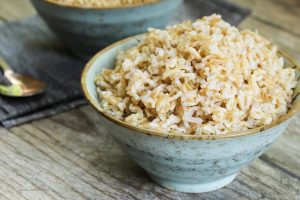Two members of Congress are urging FDA Commissioner Margaret Hamburg to set standards for the maximum allowable levels of arsenic and other dangerous heavy metals in foods and beverages.
 Representatives Rosa DeLauro, D-Conn., the ranking Democrat on the Labor, Health, and Human Services Appropriations Subcommittee, and Frank Pallone, Jr., D-New Jersey, said in a letter to the commissioner late last week that something needs to be done to protect children and adults from juice beverages that contain unsafe levels of arsenic and lead.
Representatives Rosa DeLauro, D-Conn., the ranking Democrat on the Labor, Health, and Human Services Appropriations Subcommittee, and Frank Pallone, Jr., D-New Jersey, said in a letter to the commissioner late last week that something needs to be done to protect children and adults from juice beverages that contain unsafe levels of arsenic and lead.
DeLauro and Pallone cited recent research on the threat that arsenic in fruit juices and other food products, such as brown rice, pose. They want the FDA to implement maximum standards for all food products, including infant formula.
“Currently, the only limits on the maximum allowable levels of these toxins are for bottled water,” they said in a joint press release.
Several recent studies have shown alarming levels of arsenic in both apple juice and organic brown rice syrup, which is used in infant formula. DeLauro and Pallone have introduced legislation, H.R. 3984, the Arsenic Prevention and Protection from Lead Exposure in Juice Act of 2012, known as the APPLE Juice Act.
Both arsenic and lead are known to negatively affect brain development in children. Both toxins are pervasive in the environment. The FDA says its “level of concern” for heavy metals in juices is anything above 23 parts per billion. The agency has stepped up testing but maintains that there is no threat to public health at this time.




